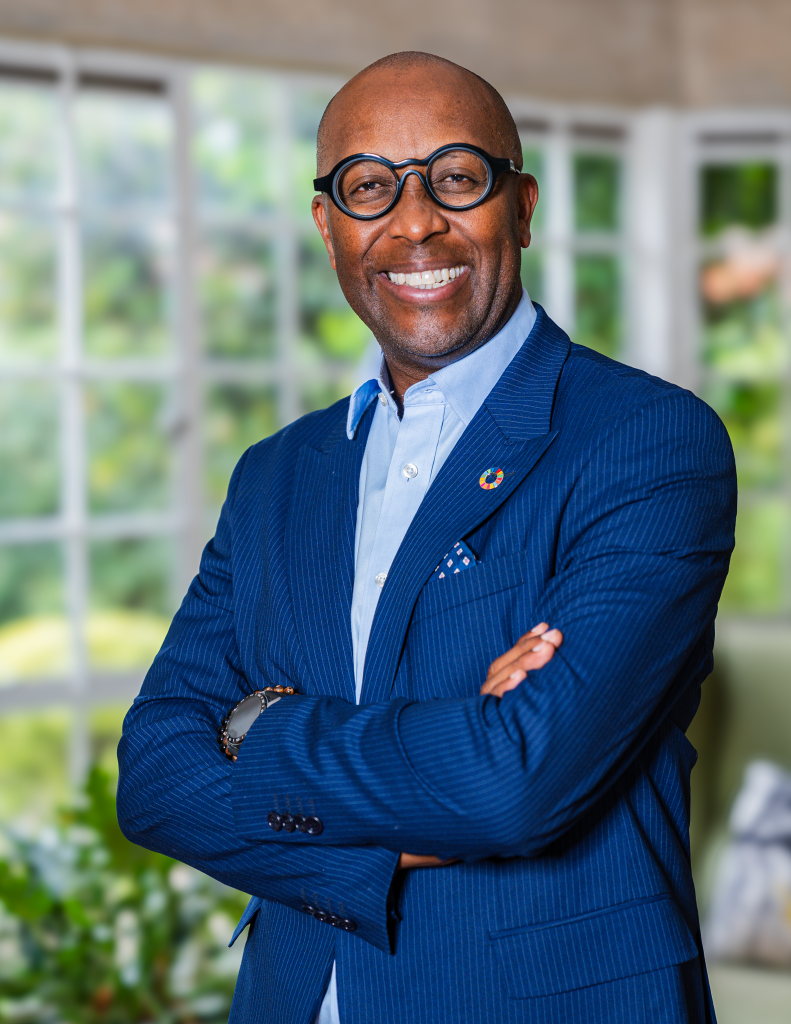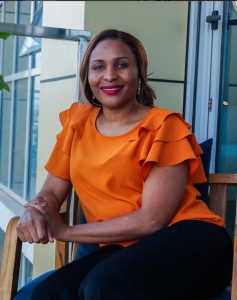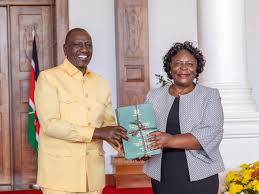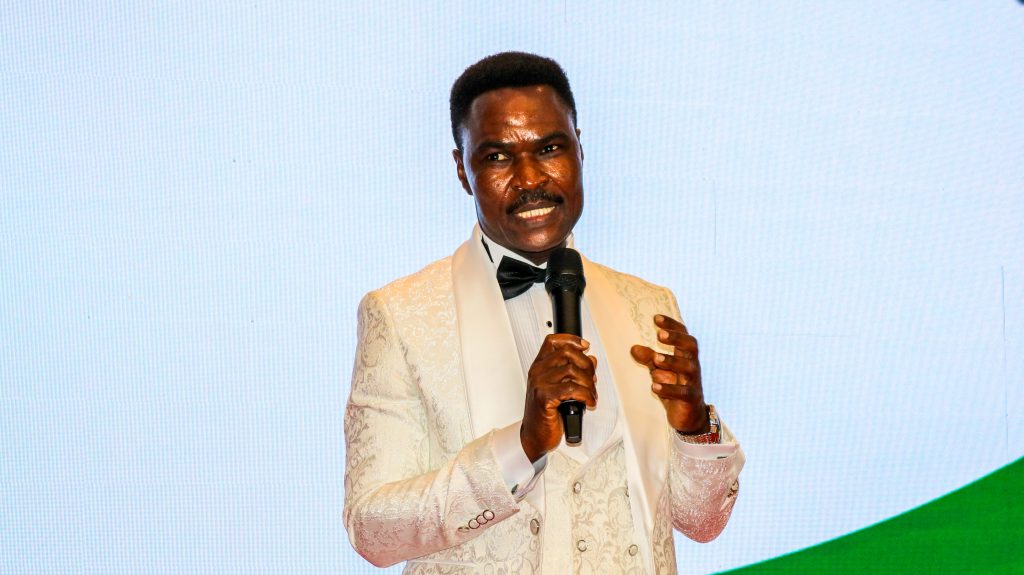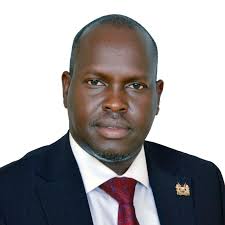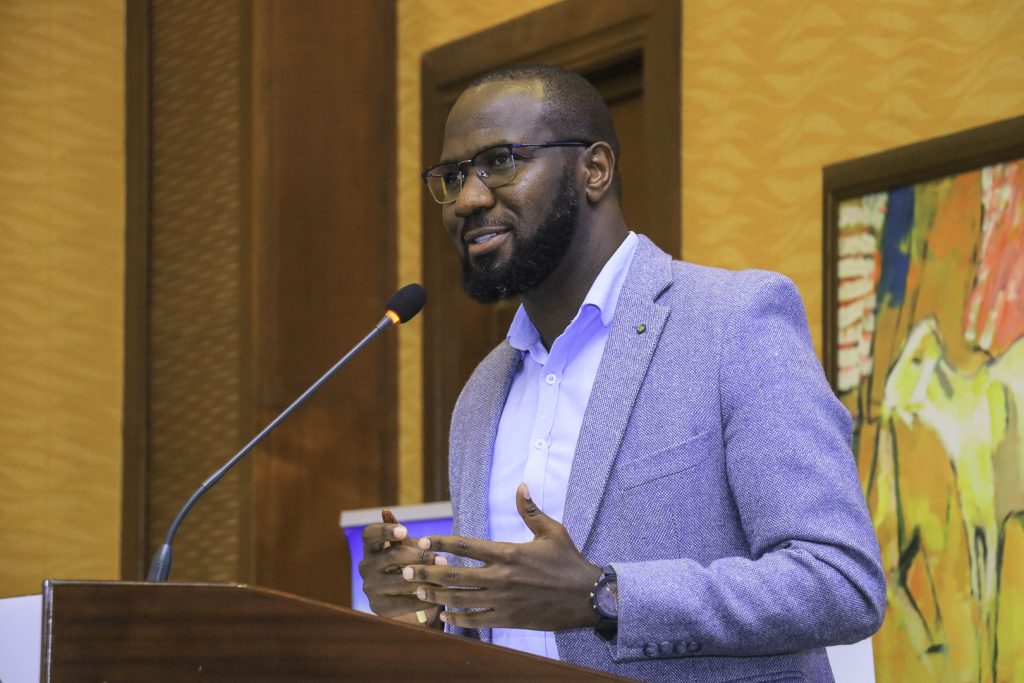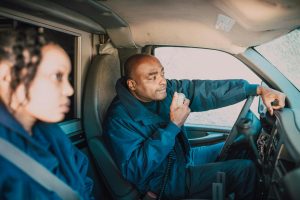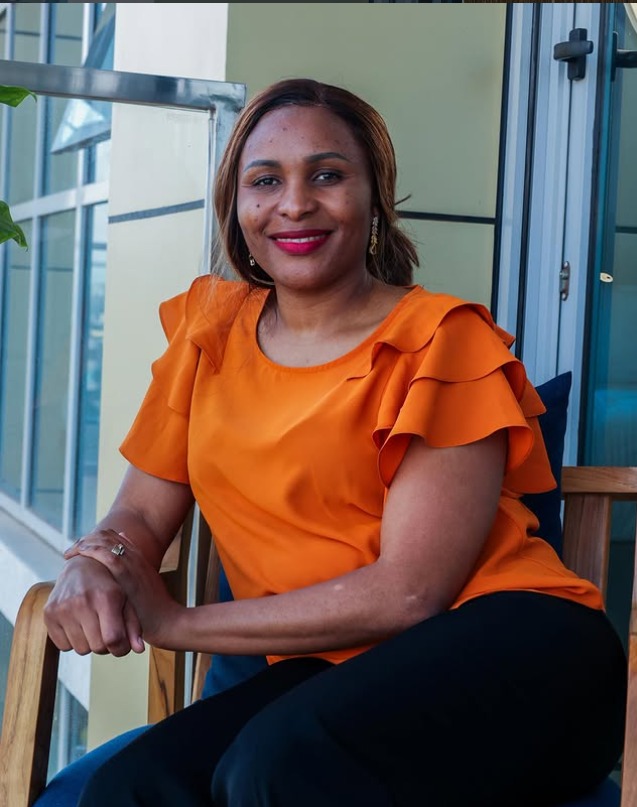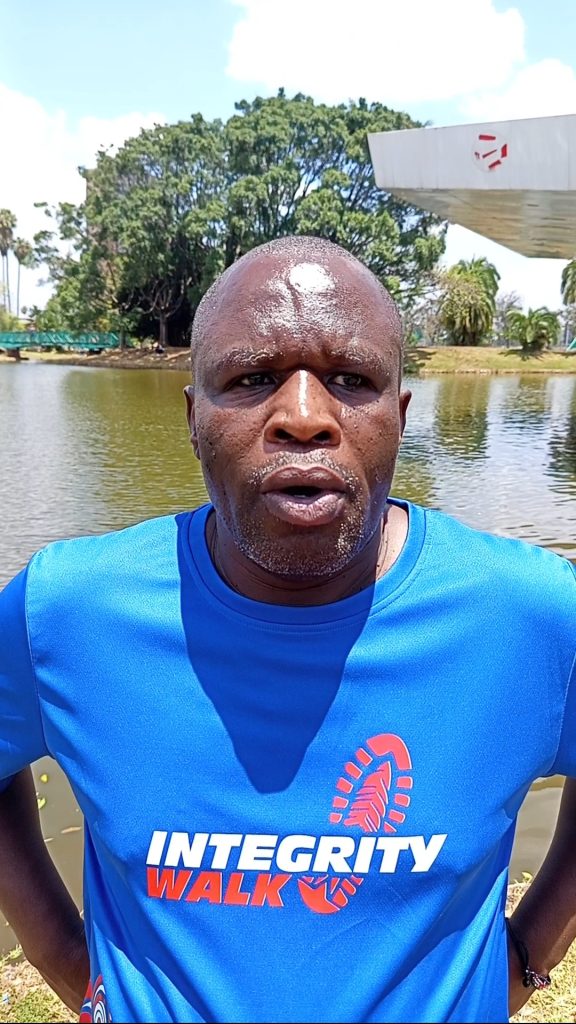Despite winning the prestigious CEO of the Year Award at the 2024 NGOs Awards, Dr. Githinji Gitahi, Group CEO of Amref Health International, insists the recognition wasn’t about him. Instead, he credits the more than 2,400 staff he leads across the world, who together have propelled Amref to global prominence.
Under his leadership, Amref has grown into a $230 million (Ksh 30 billion) organization operating in over 40 countries.
While Dr. Gitahi was already known within civil society and corporate circles, he became a household name during the 2020 COVID-19 crisis, appearing regularly on national TV to demystify the pandemic and calm a panicked public.
Dr. Gitahi holds a Bachelor’s Degree in Medicine from the University of Nairobi, an MBA from the United States International University, and a Certificate in Strategic Perspectives for Non-Profit Management from Harvard University.
He was appointed Group CEO in 2015 and, in 2018, was honored with the Moran of the Order of the Burning Spear (MBS) by the President of Kenya.
The NGOs Hub team caught up with Dr. Gitahi at his ancestral home in Nyeri, where he plans to establish a mentorship center upon retirement. He spoke on donor funding, leadership, Amref’s ambition Below are highlights from our conversation:
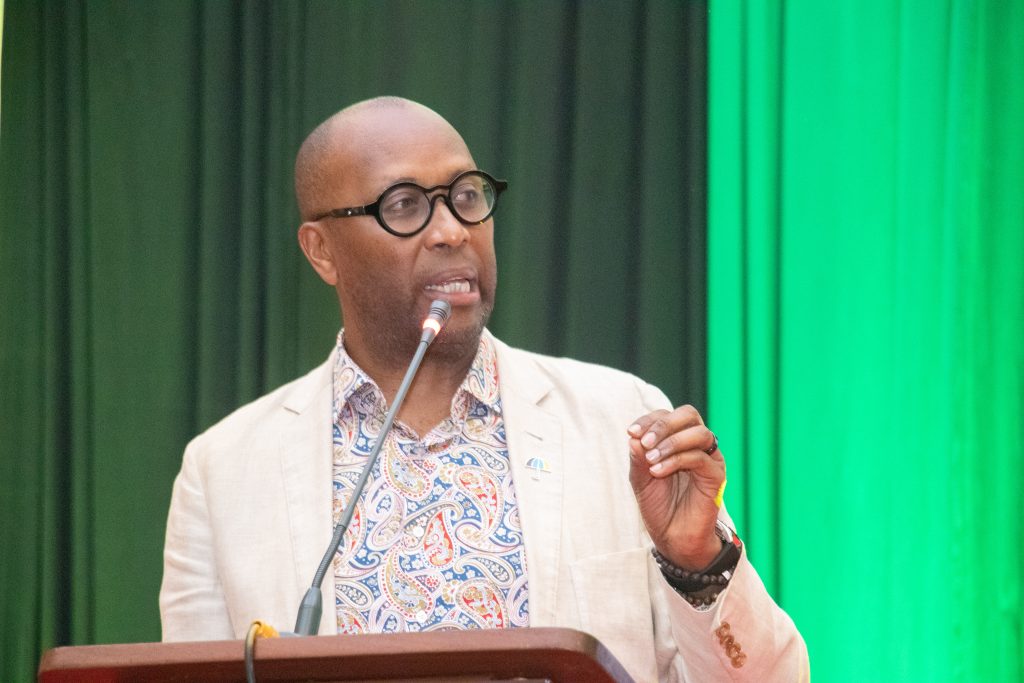
Congratulations on winning the NGO CEO of the Year Award. What did the recognition mean to you?
Thank you. It meant a lot because it reflected the collective effort of the teams and managers I work with. The award is evidence that what we’re doing is working—and that others are noticing.
What are some of Amref’s most impactful projects?
We’ve taken a broader approach to health. We focus on sanitation, nutrition, immunization, and training community health workers across all 40 African countries where we operate.
How large is Amref Health Africa today?
We have an annual turnover of $230 million, with 2,400 staff worldwide. About 200 of those are based in Europe and the Americas, where they focus on resource mobilization, fundraising, and grant applications.
Kenya hosts our headquarters, and our presence now spans 40 African countries.
What are your thoughts on localization of international NGOs?
Localization shouldn’t be about ticking boxes. NGOs should establish local offices only where they add real value to the communities.
Too many global organizations open regional offices simply for visibility, not impact. We must start with community needs and tailor our presence accordingly.
How has Amref adapted to shrinking donor contributions?
When I joined, the US government funded 47% of our total income. Today, that’s down to 14%. We’ve compensated by bringing in philanthropists, foundations, the private sector, and creating our own income streams.
Every NGO needs flexible (unrestricted) funding—the kind that isn’t bound by donor conditions. Our target is for this to make up 20% of our revenue. We’re currently at 5%, or $10 million(Sh1.3bn), mostly from Amref Flying Doctors and Amref International University.
Who are Amref’s top donors?
Our major donors include:
- USAID
- Global Fund
- Bill & Melinda Gates Foundation
- Mastercard Foundation
- Dutch Government
- Wellcome Trust
- Johnson & Johnson
- And our own revenue-generating arms (Flying Doctors and University)
Has the work of NGOs increased following funding withdrawals like those under President Trump’s administration?
I don’t believe NGOs should aim to duplicate or replace government services. Rather, our role is to complement government efforts—especially by delivering services to hard-to-reach populations.
There’s growing demand for preventive and primary healthcare. Reducing the number of patients requiring expensive hospital treatments is key.
When the US government withdrew over Ksh 40 billion in TB and HIV support, the NGO sector had to shift toward community-based prevention and education, which is more sustainable in the long run.
Where do you think African countries fall short in healthcare?
The Abuja Declaration required African countries to allocate 15% of their national budgets to health. Unfortunately, most haven’t met this target, as resources are diverted to other ministries.
It’s important to understand that 15% is a starting point, not the goal. Health investment should be holistic. For example, providing clean water and proper sanitation helps prevent disease. That’s health.
That’s why the title of this interview should be: “We can’t afford healthcare, but we can afford health.”
What major challenges have you faced during your tenure, and how did you overcome them?
People and finances. Sustainable funding has been a major challenge, which led us to create revenue-generating enterprises like Amref Flying Doctors (targeting medical tourism) and the Amref International University.
Attracting and retaining talent is tough when funding is uncertain. That’s why we’ve worked hard to diversify our funding sources.
What’s your advice for NGOs amid global funding disruptions?
NGOs must accept that the traditional aid model is broken. Donors are not obligated to fund us.
Instead, we should focus on demonstrating impact—showing how our programs benefit both beneficiaries and donors. In short, we need to align with donor interests.
What are three essential qualities for NGO leadership?
- Experience: Managing large budgets and leading diverse teams.
- Trust-building: Empathy, authenticity, and integrity are crucial. Communities trust you not because of money, but because you’re genuine.
- Logic: The ability to communicate clearly and make data-driven, practical decisions that benefit the community.
If you weren’t the CEO of Amref, what would you be doing?
I’d be teaching—not necessarily in a traditional classroom, but sharing the lessons and insights I’ve accumulated over time.
What do you enjoy doing for fun?
I’ve walked 9,000 steps daily for the past five years while listening to audiobooks. I’m passionate about history, especially African and global history, and I enjoy attending stage plays.
Who’s the most influential figure in your life?
Historically, I’d say the Roman Empire due to its influence on modern civilization and literature. But personally, it’s my mother. She’s had the greatest impact on who I am.
What drives you to continue leading Amref?
Social justice. I believe the opposite of wealth is not poverty—it’s injustice. My work is about enabling vulnerable communities to access clean food, safe housing, quality healthcare, and education.
How has your decade-long journey at Amref shaped you?
It hasn’t changed me—it’s affirmed my values and beliefs. My commitment to social justice is stronger than ever.
What’s your vision for Amref moving forward?
To create lasting health change through sustainable, people-centered programs.
We need to prioritize prevention over treatment. For instance, immunizing girls against HPV prevents cervical cancer—far cheaper and more effective than treating it after diagnosis.
That’s why we’re focusing on primary healthcare and addressing risk factors such as sanitation, nutrition, and transportation.
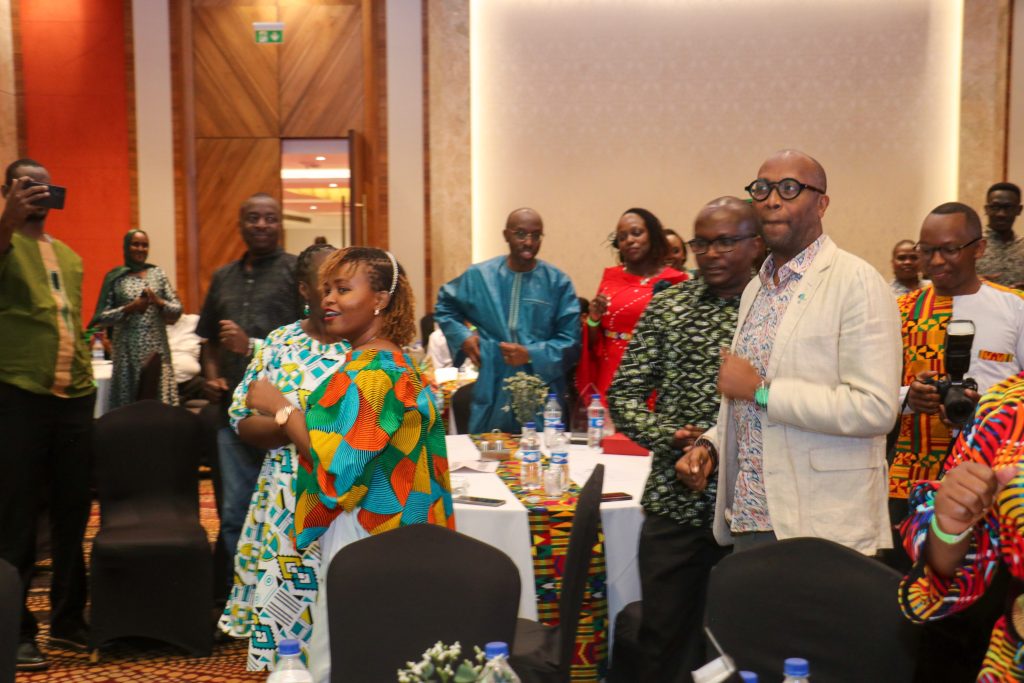
What’s your message to the Amref team and stakeholders?
This award belongs to every member of our team—especially the community health workers in remote areas ensuring safe deliveries and disease prevention.
As CEO, I stand on their shoulders. Their service is the foundation of everything we do.

